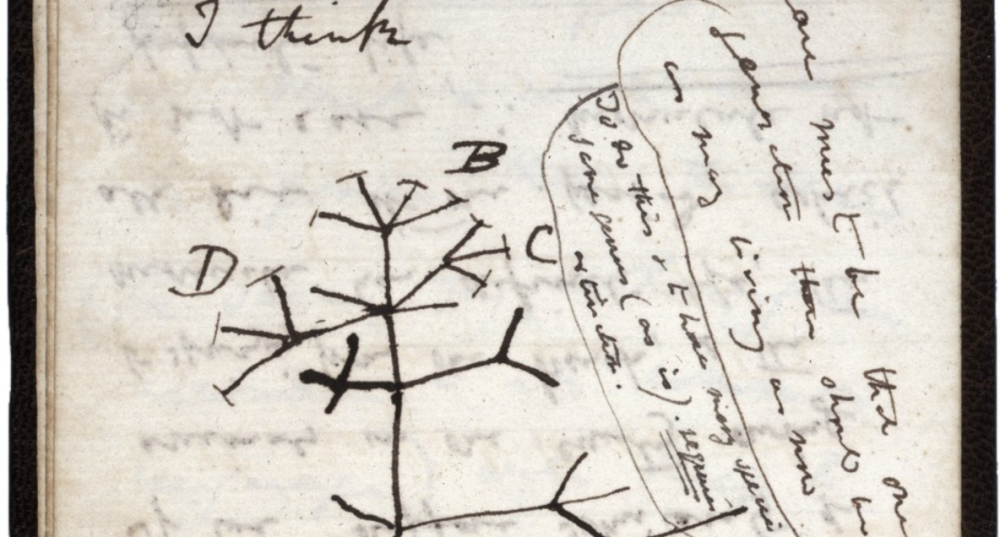
Winston Ewert is a software engineer and intelligent design researcher. He received his PhD from Baylor University in electrical and computer engineering. He specializes in computer simulations of evolution, genomic design patterns, and information theory. A Google alum, he is a Senior Research Scientist at Biologic Institute and a Senior Fellow of the Bradley Center for Natural and Artificial Intelligence.
Archives


Natural Selection as the Great Designer Substitute

An Argument from Ignorance?

Jonathan Wells and Winston Ewert at the CSC Summer Seminar

Is the Human Mind a Computer?
As a software engineer, I'd say we need to be clear what the question is before answering itOnce we understand clearly what a computer is, we will see why consciousness is not a form of computation.

Remember the Luddites!
The Luddites became famous for breaking machinery during the Industrial Revolution. Were they entirely wrong?
Will the Free Market Help or Hurt Us in an AI-Empowered World?
We may need new institutions, such as insurance against job obsolescence
Is Technology Neutral?
Or does it change our world whether we like it or not?
Dependency Graph, Pt. 2: Winston Ewert Defends His Groundbreaking New ID Model

Winston Ewert Unpacks his New ID Model, the Dependency Graph–Pt. 1

Why Digital Cambrian Explosions Fizzle … Or Fake It

Author of New Book Tells Why Evolution Simulations … Don’t
Haarsma’s Pykaryotes — Another Failed Evolution Simulation
Ev Ever Again — Eying an Evolutionary Simulation

Algorithmic Specified Complexity Part III: Measuring Meaning in Images

Algorithmic Specified Complexity Part II: Application to Conway’s Game of Life

Steiner Wars: An Exchange with Dave Thomas
